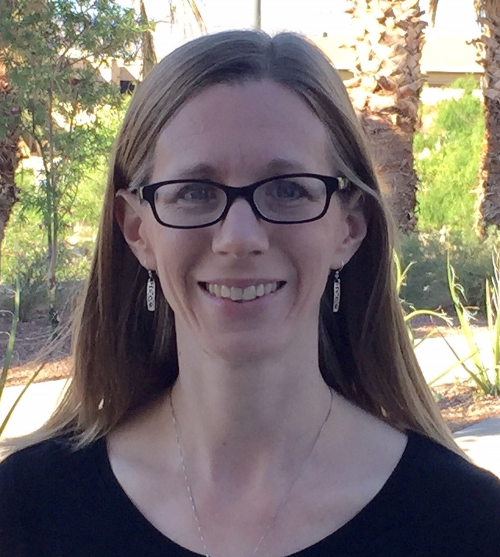Tuesday, February 11, 2020 | 11:00 a.m. to Noon MT
How Mitigation Helped Houston Households in Hurricane Harvey
Webinar Description:
Mitigating homes against flooding can have benefits far beyond keeping structures safe—they can improve the health outcomes of the people that live in them, as well. Join Sara Grineski as she discusses her research comparing preparedness before Hurricane Harvey with exposure, health effects, and recovery after. The research leverages a pre- and post-event sample of greater Houston households to establish baselines for disaster preparedness and flood hazard mitigation, explore household-level effects, and examine how preparedness and mitigation relate to health, event exposure, and recovery after disaster. Results revealed that greater pre-event mitigation was associated with fewer physical health problems, lower posttraumatic stress, and faster recovery times.
Speakers:
Aaron Flores
Doctoral Student, Center for Natural and Technological Hazards, University of Utah
Sara Grineski
Professor of Sociology and Co-Director of the Center for Natural and Technological Hazards at the University of Utah
Natural Hazards Center Overview Slides
Webinar Slides
Webinar Questions
Resources:
Center for Natural and Technological Hazards at the University of Utah
Additional Hurricane Harvey publications by the Center for Natural and Technological Hazards team:
![]()
Aaron Flores is a doctoral student in the department of geography and a graduate assistant for the Center for Natural and Technological Hazards at the University of Utah. His research interests include social vulnerability to environmental hazards, environmental justice, and health disparities. Flores has conducted research on Hurricane Harvey and its impact on residents in the Greater Houston, Texas area and on extreme heat vulnerability in Lubbock, Texas. He obtained a bachelor's degree and master's degree in the Department of Geography at Texas Tech University. He has interned for the South Central Climate Adaptation Science Center, the Texas Tech University Climate Science Center, and was a University of California Santa Cruz climate engagement program fellow in 2017. He has also completed training in community resilience and community planning for disaster recovery from the National Disaster Preparedness Training Center.

Sara Grineski is a professor of sociology and environmental and sustainability studies at the University of Utah. She co-directs the Center for Natural and Technological Hazards and mentors undergraduate and graduate students researching human health and the environment. Her research interests are in environmental health disparities, children’s health, social vulnerability, and environmental justice. Her doctoral education was funded by a five-year National Science Foundation (NSF) Integrative Graduate Education and Research Training (IGERT) fellowship in urban ecology at Arizona State University. As a master’s student, she collaborated in a community-based participatory research project on children’s environmental health at the neighborhood level; an experience that set the course for her career. After graduating in 2006 with a PhD in sociology and a minor in geography, she became an assistant professor in the Department of Sociology and Anthropology at the University of Texas at El Paso (UTEP). While at UTEP, she was a principal investigator on the Building Infrastructure Leading to Diversity (BUILD) award funded by the National Institutes of Health. Grineski has published in a range of outlets such as Social Science & Medicine, Social Forces, Environmental Research Letters, and Environmental Research.